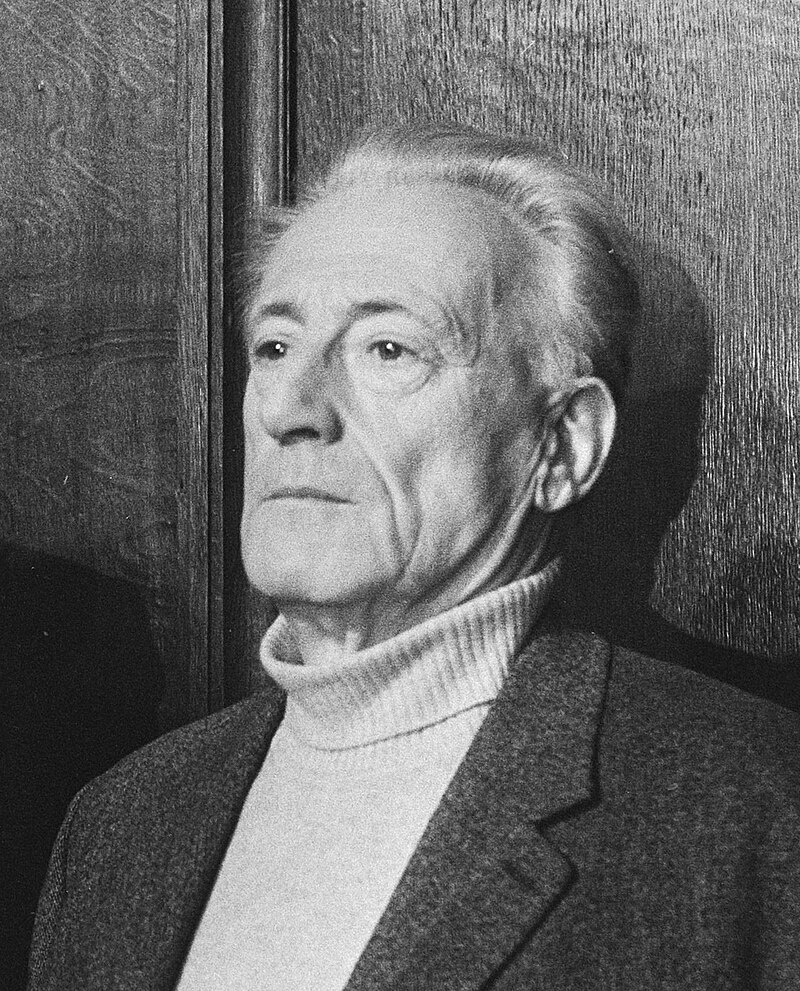
Henri Lefebvre
Henri Lefebvre (1901-1991) was a prominent French philosopher and sociologist best known for his work on urban sociology and the concept of the social production of space. His ideas have significantly influenced the fields of geography, urban studies, and critical theory, particularly through his seminal works such as 'The Production of Space' and 'The Right to the City.' Lefebvre argued that urban spaces are not neutral entities but are shaped by social relations and power dynamics, emphasizing the importance of understanding the political and social struggles that define urban life. His insights into spatial justice and the experiences of marginalized communities continue to resonate in contemporary discussions about urbanization and social inequality.
Born on Jun 16, 1901 (124 years old)
Global Media Ratings
Countries Mentioned
No country-level mention data available.
Interactive World Map
Each country's color is based on "Mentions" from the table above.
Recent Mentions
 Hong Kong:
Li Jiaqiao mentions Henri Lefebvre as a significant figure in the context of political geography.
6
Hong Kong:
Li Jiaqiao mentions Henri Lefebvre as a significant figure in the context of political geography.
6
 Indonesia:
Henri Lefebvre's concept of 'The Right to the City' emphasizes that every city dweller has the right to enjoy urban space and public facilities.
9
Indonesia:
Henri Lefebvre's concept of 'The Right to the City' emphasizes that every city dweller has the right to enjoy urban space and public facilities.
9
 Sweden:
Henri Lefebvre developed a theory about leisure being defined in relation to work.
7
Sweden:
Henri Lefebvre developed a theory about leisure being defined in relation to work.
7
 Indonesia:
Henri Lefebvre is referenced for his concept of the right to the city.
7
Indonesia:
Henri Lefebvre is referenced for his concept of the right to the city.
7
 Venezuela:
Henri Lefebvre is referenced in the context of political theory and social critique.
5
Venezuela:
Henri Lefebvre is referenced in the context of political theory and social critique.
5
 Indonesia:
Henri Lefebvre emphasizes that urban space is not a neutral entity but the result of struggles among various interests that shape the urban structure.
9
Indonesia:
Henri Lefebvre emphasizes that urban space is not a neutral entity but the result of struggles among various interests that shape the urban structure.
9
 Indonesia:
Henri Lefebvre emphasizes that urban space is not a neutral entity but the result of struggles among various interests that shape the urban structure.
8
Indonesia:
Henri Lefebvre emphasizes that urban space is not a neutral entity but the result of struggles among various interests that shape the urban structure.
8
